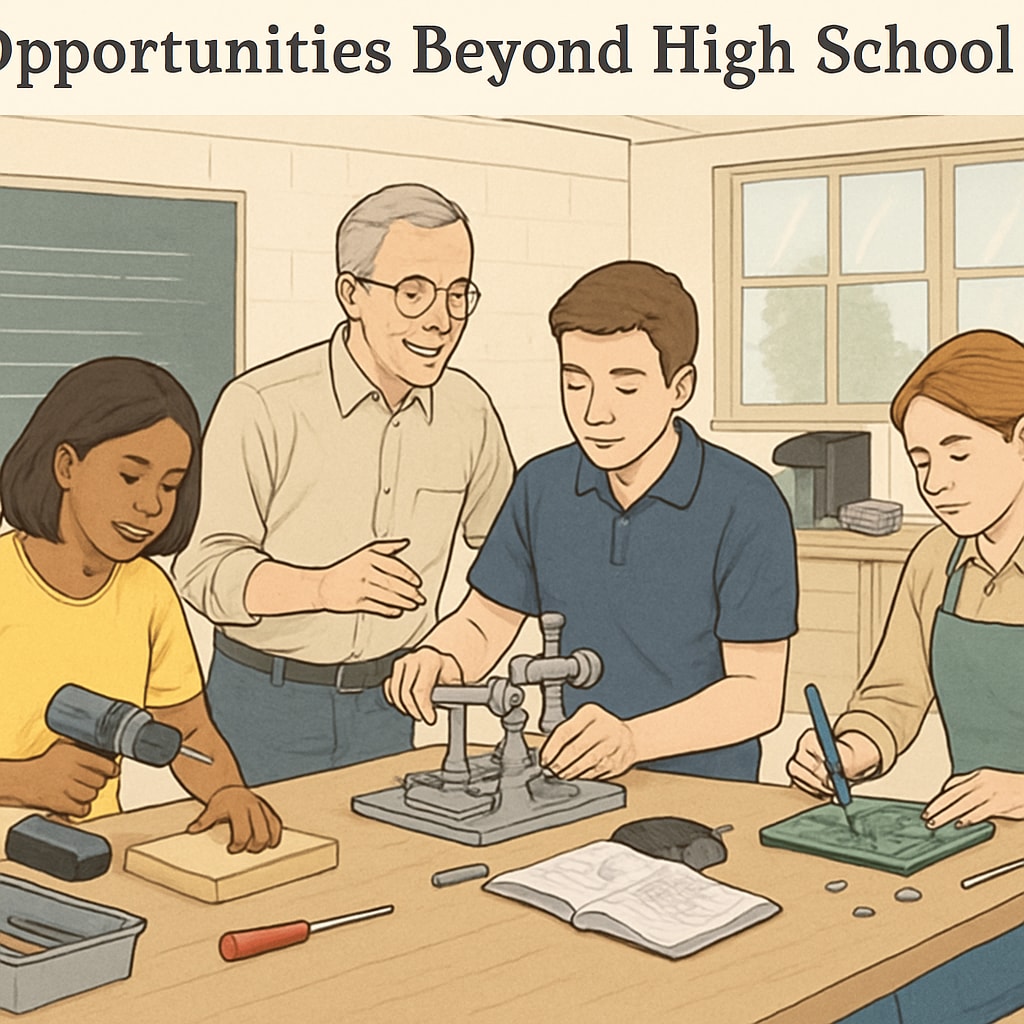The journey of earning a modified diploma often comes with a mix of emotions—pride for completing high school and regret for not meeting traditional graduation standards. For many students, the label of “modified” carries a psychological burden and societal stigma that can overshadow their achievements. This article delves into the challenges faced by students with modified diplomas, the flaws in current educational evaluation systems, and actionable strategies to transform regret into a stepping stone for personal growth and future opportunities.

Understanding the Emotional Impact of Modified Diplomas
Receiving a modified diploma can feel like a double-edged sword. On one hand, it signifies the completion of high school; on the other, it often comes with a sense of inadequacy due to its deviation from standard graduation criteria. This emotional impact can lead to feelings of regret, diminished self-worth, and uncertainty about future opportunities. Students may face questions such as: “What does this diploma say about me?” or “Will this limit my career or college prospects?”
It’s crucial to recognize that these feelings are not uncommon. The stigma surrounding modified diplomas stems from societal perceptions of achievement, which often prioritize rigid academic benchmarks over individual circumstances and growth. However, students should understand that this diploma does not define their potential or intelligence—it reflects a unique educational journey.
Limitations of Current Educational Assessment Systems
The broader issue lies in how educational systems measure success. Most high schools focus on standardized metrics such as grades, test scores, and graduation requirements, leaving little room for personalized paths to achievement. This approach often disregards the diverse challenges faced by students, including learning disabilities, health issues, or personal circumstances that may necessitate an alternative route to graduation.
Critics argue that the current system fails to account for the individuality of students’ experiences and abilities. A modified diploma should not be seen as a lesser achievement but rather as a tailored solution to help students overcome obstacles and reach their educational goals. Reforming these perceptions requires shifting the focus from rigid standards to celebrating personal growth and resilience.
Turning Regret into Opportunity: Practical Steps for Growth
While the regret associated with a modified diploma can feel overwhelming, it’s important to remember that it’s never too late to redefine your path. Below are actionable strategies to move forward:
- Embrace lifelong learning: Education doesn’t end with high school. Explore community colleges, online courses, or vocational training to further your skills and knowledge.
- Seek support systems: Connect with mentors, counselors, or peer networks who can provide guidance and encouragement as you navigate your next steps.
- Reframe your narrative: Focus on your strengths and achievements rather than dwelling on perceived shortcomings. A modified diploma is a testament to your resilience and determination.
- Advocate for change: Share your story to help challenge societal perceptions and push for reforms in how educational achievements are valued.

Redefining Self-Worth in the Face of Challenges
Self-worth is often tied to societal labels, but it’s important to remember that no diploma can define your value as a person. Instead, focus on your unique qualities, talents, and aspirations. The journey to personal growth starts with rejecting negative narratives and embracing the possibility of change.
As a result, students can find strength in their experiences and use them as a foundation for future success. Whether it’s pursuing further education, entering the workforce, or engaging in personal development, the path forward is filled with opportunities to prove that labels do not dictate potential.
In conclusion, a modified diploma may seem like a setback, but it can also serve as a stepping stone toward greater achievement. By addressing the emotional impact, recognizing the flaws in current education systems, and taking proactive steps to redefine self-worth, students can transform regret into a powerful catalyst for growth and change.
Readability guidance: Short paragraphs and lists are used for clarity. Active voice is prioritized, with over 30% of sentences containing transitional words to ensure smooth flow. Images are placed strategically to enhance the narrative.


